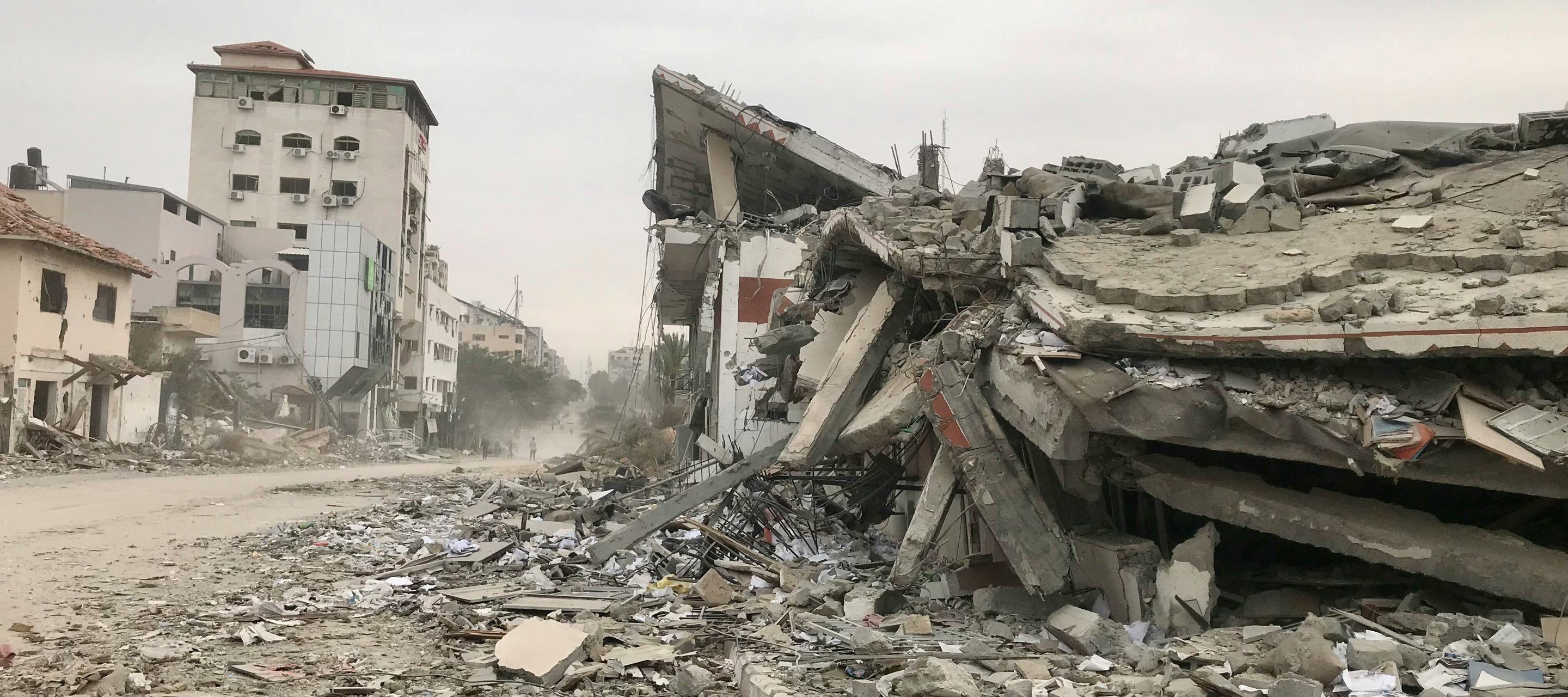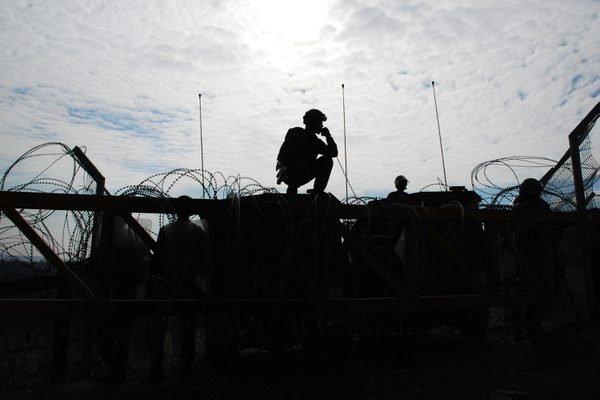Businesses must respond to human rights abuses in Gaza and beyond
3 September 2025

In the weeks since the release of a report by the UN Special Rapporteur on the Situation of Human Rights in the Palestinian Territories Occupied Since 1967, Francesca Albanese, debates on corporate complicity in this and other conflict-affected areas around the world have continued, without clear pathways forward.
The Israeli Government’s ongoing military campaign in Gaza has resulted in widespread destruction and intolerable human suffering. Reports of deliberate obstruction of the entry of life-saving humanitarian aid into Gaza, causing mass starvation to spread, are shocking, and IHRB joins the international community in condemning the unfolding developments, which the UN and legal experts view as acts consistent with genocide.
As the Special Rapporteur’s report shows, the activities of dozens of companies have played direct or indirect roles, either by providing technology, weapons, finance, or other logistical support. The responses of some of the companies named in the report have been insufficient. Many others have remained silent. The report highlights the potential and real connections between business conduct and grave human rights abuses, and how they apply in this and other conflict affected areas globally. Responsible businesses should meaningfully engage with its conclusions and reflect upon and examine their roles anywhere in the world where they are likely to be exposed to conflict, and consider appropriate steps.
In 2024, IHRB convened a series of meetings bringing together academic experts, legal practitioners, corporate leaders, and civil society representatives to examine business responsibilities in conflict (a summary briefing is available here). A recurring theme was the importance of recognising that businesses are not neutral actors and zones of conflict are not law-free. Their activities can contribute to or help alleviate conflict dynamics, inequality, and instability. As international understanding of corporate complicity evolves, so too must corporate strategies for operating in such situations.
Holding companies accountable requires clarity on the actual roles and influence of corporate actors within these complex environments.
The UN Guiding Principles on Business and Human Rights (UNGPs) provide a foundational framework for assessing corporate responsibilities in conflict and high-risk areas. They make clear that companies must identify whether they are causing, contributing to, or are directly linked to human rights abuses through their operations and business relationships. In conflict-affected and high-risk areas, the UNGPs call for heightened human rights due diligence, and the UN Working Group on Business and Human Rights has elaborated how companies should determine whether continued presence is possible—or whether disengagement is necessary—based on the severity of harms and the ability to prevent or mitigate them.
Where business operations are found to be directly contributing to serious abuses, rapid mitigation or withdrawal may be required. In other cases—particularly where links are more indirect—companies are expected to assess their leverage, engage stakeholders, and take effective measures to prevent misuse of their products and services. Responsible engagement, transparency, and sustained efforts to reduce harm may, in some contexts, be more effective than abrupt exit.
In the ongoing situation in Gaza, blanket conclusions regarding withdrawal risk overlooking important distinctions—such as sector-specific impacts, geographical differences, and the actual nature of a company’s involvement. The UNGPs do not prescribe universal disengagement, but instead call for context-sensitive assessments of whether companies can uphold their responsibilities under international standards. Ultimately, all businesses operating in or linked to conflict situations must be able to demonstrate that they have undertaken robust and heightened due diligence, have actively sought to minimise harm, and are prepared to disengage where mitigation is not possible.
In the absence of international sanctions against economic activity with Israel, the onus remains on companies to ensure they are operating in line with international legal standards and their own ethical commitments. Equally important, states must uphold their commitments to international law, in particular on preventing and suppressing war crimes, crimes against humanity and genocide. They must also comply with obligations relating to the immunity of UN officials. US authorities should immediately rescind sanctions against Special Rapporteur Albanese and officials and judges of the International Criminal Court.
To help promote greater understanding of conflict situations and the role of companies, in the coming weeks IHRB is publishing three commentaries looking at the role of three of the sectors named in the Special Rapporteur’s report: finance and investment, shipping, and technology. We welcome feedback from our readers.



